Your next company computer may be a 2-in-1 laptop
While consumers and businesses are walking away from tablets, 2-in-1 laptops are finding their way into corporations in a big way; sales are expected to grow by more than 21% a year over the next four years.
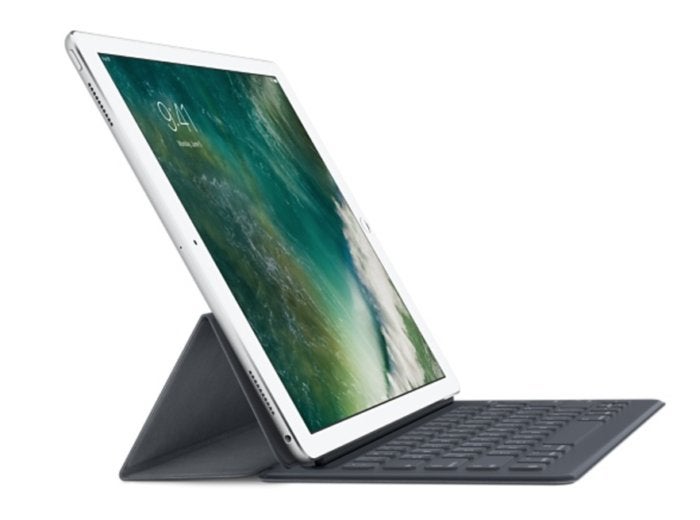
While consumer adoption of tablets is decreasing, business adoption is going the other way, powered by corporate fondness for Apple's iPad Pro and 2-in-1 devices running Windows.
The number of consumer-owned tablets is expected to decline about 3.3% annually even as the number of business-owned tablets grows at a combined annual growth rate of 6.9% by 2022, according to Forrester Research.
Global mobile device usage is expected to reach more than 5.5 billion users by 2022, almost double the total number of users (2.8 billion) in 2008, according a Forrester report released last week.
Large-screen smartphones are contributing to the decline in tablet sales among consumers, while the diverse use cases for a 2-in-1s is driving that segment's growth, Forrester stated.
Of the 5.5 billion mobile device users in 2022, smartphone owners will make up almost 70% of the market.
Nearly 94% of smartphones use either Android or iOS. Android is the dominant OS for smartphones, capturing 73% of the market with more than 1.8 billion users in 2016. Android is expected to maintain that lead, according to Forrester.
The Forrester growth forecast includes detachable tablets such as the Microsoft Surface and iPad Pro but excludes convertibles like the Lenovo Yoga.
In another report, convertible 2-in-1s are taking off with business users, growing at 46% worldwide year-over-year. That's according to IDC's Worldwide 2017 Q1 Personal Computing Device Tracker.
Over the next four years, detachables are expected to grow at 21.2% CAGR, IDC said.
At the same time, basic tablets that aren't used as laptop substitutes are seeing a decline in business adoption. Slate tablets, according to IDC, are expected to see a decrease of 6.5% in CAGR while notebooks and mobile workstations will only increase by 0.7% through 2021.
Helping to drive the momentum are new 2-in-1 models with larger screens, such as the new iPad Pro, which has either a 10.5-in. or 12.9-in. screen and is offered with a detachable keyboard, and the Dell Latitude 5000 2-in-1 (with a 12-in. screen) and the Latitude 7000 (with a 13-in. screen).
"Commercial PCs are seeing a real renaissance in design, with form-factors like the 2-in-1 that we could only dream about just a few years ago now becoming reality," said Bob O'Donnell, president and chief analyst at TECHnalysis Research. "Dell's innovations in the 2-in-1 category, ranging from detachables to 360-degree hinge, are rooted in productivity while providing the flexibility and beautiful design that today's mobile workforce desires."
Last year, Dell announced it was killing its Android tablet business in order to focus on Windows-based 2-in-1 laptops.
Earlier this month, Dell announced its 2-in-1 laptop sales surged 48% in the first quarter of 2017.
The larger 10-in. to 13-in. 2-in-1 screens can offer a "laptop-first experience with the convenience of a tablet when needed," Kirk Schell, Dell's senior vice president of commercial solutions, said.
"Our point of view is that the challenge with mobile devices is that they have to offer maximum productivity for a given use case," Schell continued. "Tablets were attractive because of what they offered in size, weight and flexibility, but ultimately fell short in supporting general office productivity because of limitations with the keyboard. Two-in-ones solve this problem by better integrating commercial class-designed keyboards into the DNA of the platform.
"We expect this segment of the market to continue to grow as creative use cases evolve in the commercial business," he said.
With the release of Windows 10, Dell's 2-in-1s and laptops are positioned to take advantage of the largest growth opportunities in the market, Schell said. Detachable tablets reached 8.1 million devices in the fourth quarter of 2015 and have more than doubled in shipments since the fourth quarter of last year.
"That said, traditional laptops remain the majority of our business and we expect that to remain the case for the medium term," Schell said. "Our customers tell us that laptops offer the best balance between consumption and creation, and we continue to drive improvements in size, weight and usability into classic notebooks."
Jitesh Ubrani, senior research analyst for IDC's Worldwide Mobile Device Trackers, said regardless of what marketers are saying, "detachable tablets are simply not putting pressure on notebooks yet.
"Consumers are just starting to graduate from old, consumption-based, slate tablets to a more productive detachable tablet. At the same time, the benefits of having a thin, touch-sensitive, productivity-based machine is shining light on the traditional PC category, causing vendors and consumers to focus on more premium devices in the convertible and ultraslim space," Ubrani said.
Excluding 2-in-1s, Forrester's research showed tablet use will remain low and grow from around 100 million units in 2016 to 155 million in 2022.
"The reason for growth in iPad Pro and 2-in-1 is the increasing adoption of these devices for office use as a second device," Forrester analyst Satish Meena, wrote in an email to Computerworld.
The iPad Pro accounts for around 10% of total iPad sales currently, Meena said. But Forrester expects its share to grow in future due to the demand from business segment.
"However, the overall tablet market will keep on declining," Meena said. on Tech: Why companies are
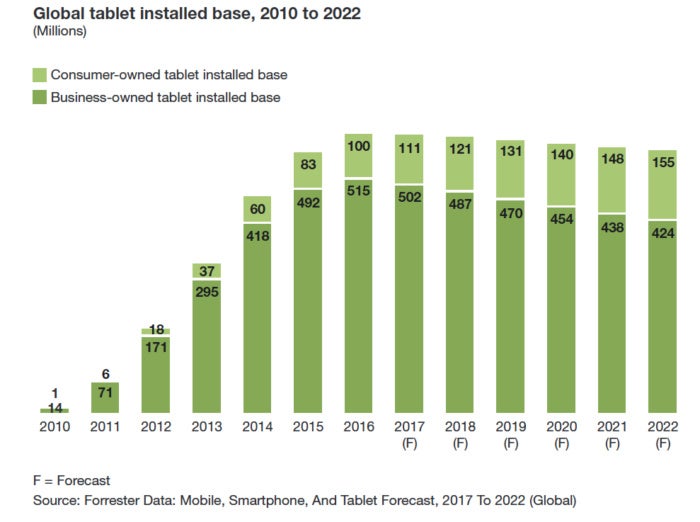
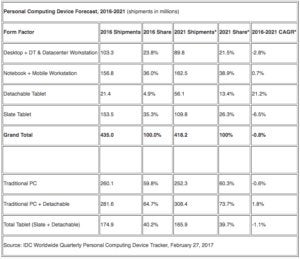
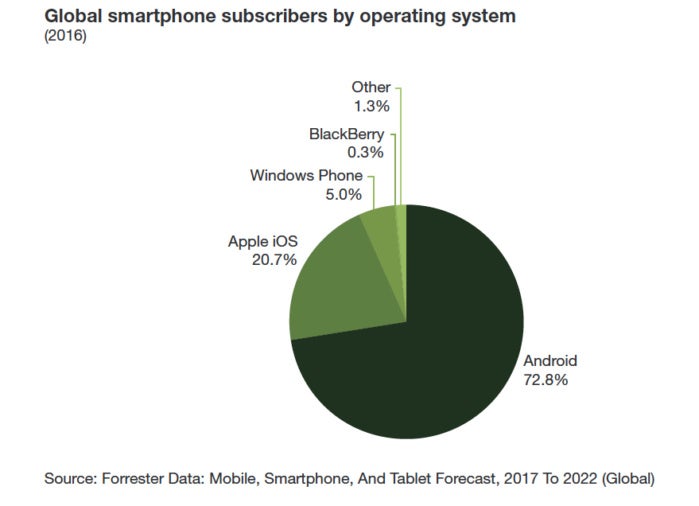

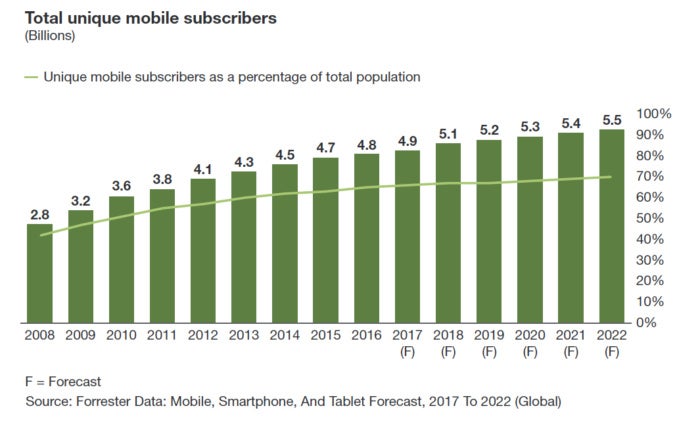
Comments
Post a Comment